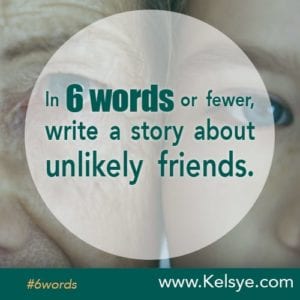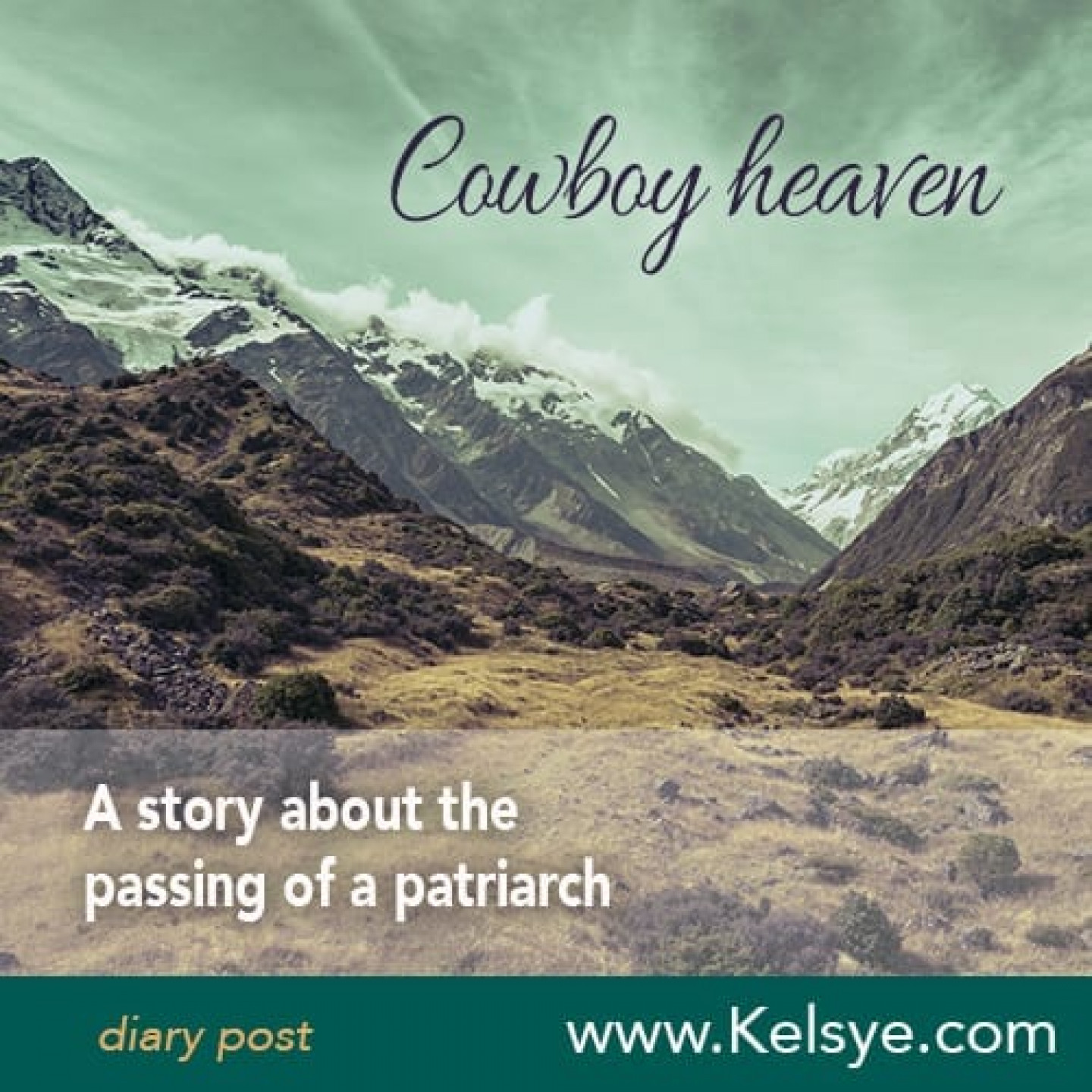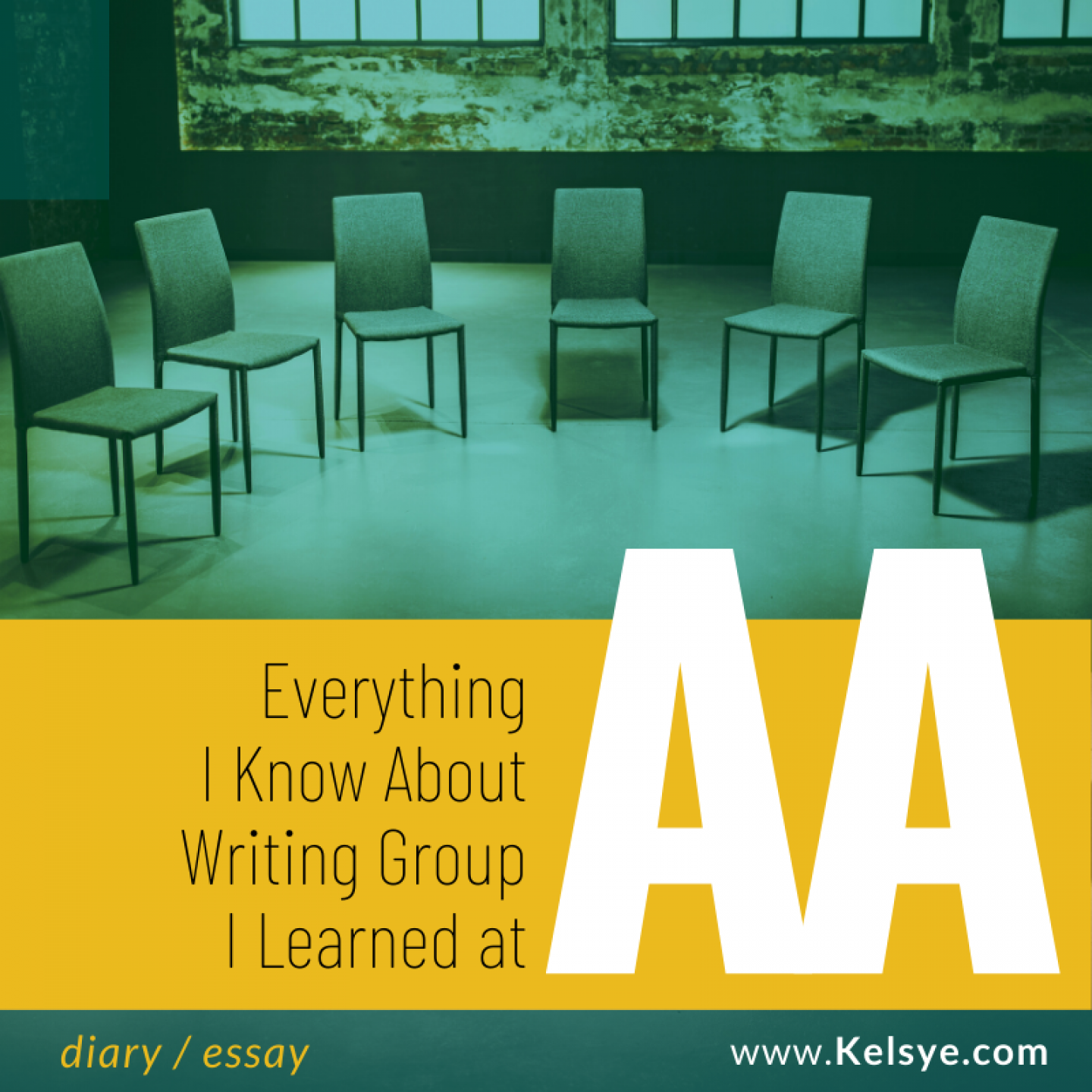
Monday, July 14th at 7pm
Golden Gardens beach in Seattle
Sign-up to read or bring things. << Do it!
Hooray for summertime! I invite you all down for a campfire on the beach. This event is hosted by the Seattle Daylight Writers and open to everyone.
We'll cook various edibles on sticks, take turns at an open mic (um, no actual mic), play low-pressure writing games and watch the sun set.
PLUS, Seattle-based singer-songwriter Rachel Wong will be playing some songs for us half-way through. What's a campfire without a song?!
What to bring: Yourself. Friends. A five-minute or less piece to read. Food to eat or share. Pen and scratch paper. Perhaps a chair.
How to find us: Look for the tiki torches! Fire pits are first-come, first-serve. A few of us will arrive early to save a spot, but we won't know exactly where we'll be until we grab it. We'll erect tiki torches so you know which hoard to head for.
Parking is free. (Yipee!)
While there is no need to RSVP, you're free to do so at the Daylight Writer's Meetup event page.


 I drafted this piece four years back, just found it in a neglected folder and cleaned up the rough patches. Mostly.
I drafted this piece four years back, just found it in a neglected folder and cleaned up the rough patches. Mostly.





